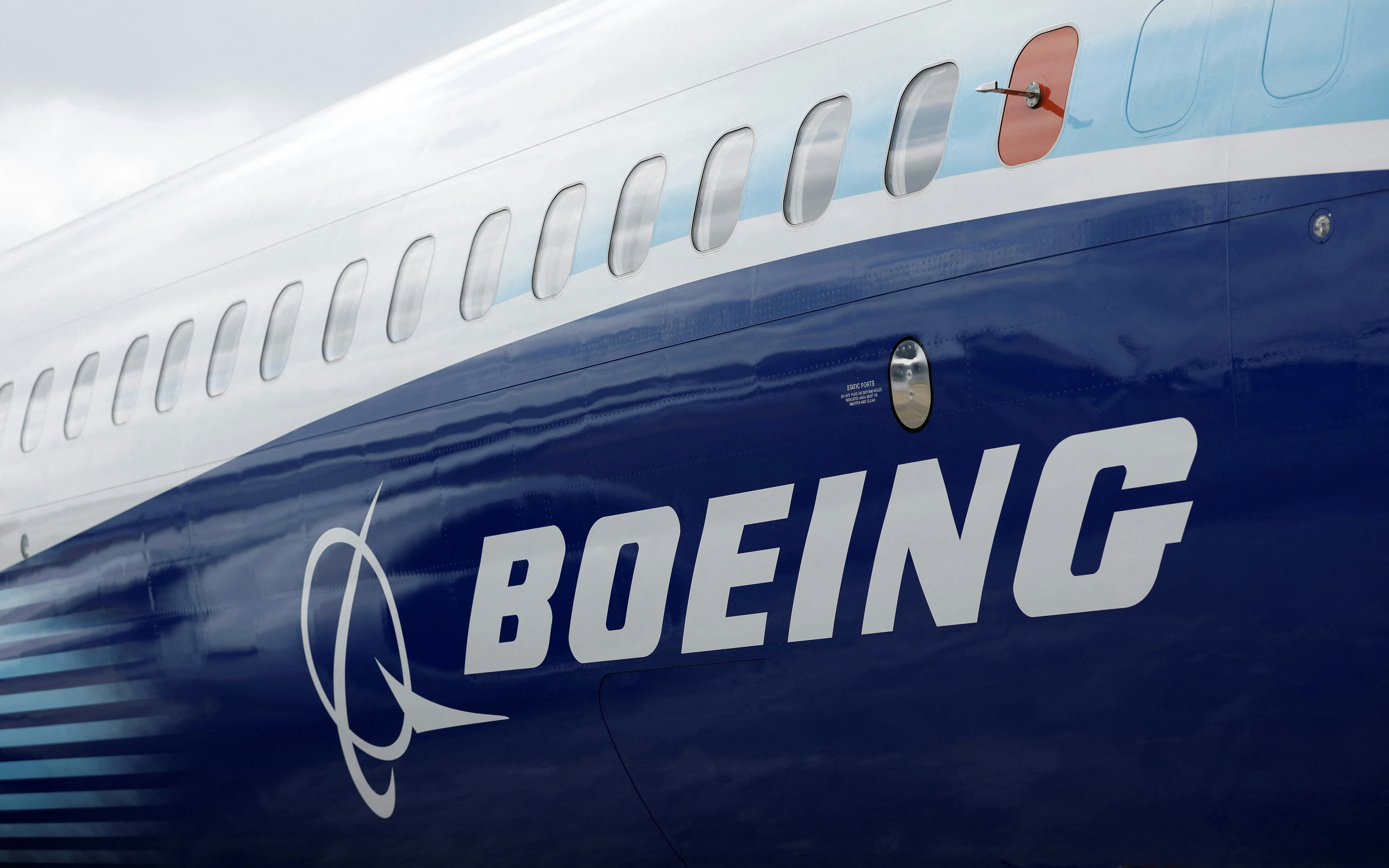The US aircraft manufacturer Boeing recorded a net loss of $612 million in the second quarter – less than half of the previous year's $1.44 billion. Revenue climbed 35 percent in the same period to $22.7 billion, driven by higher deliveries in the commercial aviation business. Free cash flow losses were limited to $200 million – a significant decrease compared to the $4.3 billion from the previous year's period.
Group CEO Kelly Ortberg expressed confidence in a message to the workforce: "We are further along than I would have thought." Ortberg, who has been in office since August 2024, took over the company after a series of safety-related crises. In addition to the 737 Max disaster in 2018, this includes the door panel incident at Alaska Airlines in January. An additional burden is the still-unresolved crash of an Air India 787-8 Dreamliner.
In the first half of 2025, Boeing delivered a total of 280 passenger jets – the most since 2018. The return of the 737 model to higher production rates is particularly important: in May, 38 units rolled off the line. Increasing this to 42 per month still depends on approval from the US aviation authority FAA. The production of the long-haul 787 model has already been increased to seven aircraft per month.
Profitability in the defense business also returned: With an operating profit of $110 million, the previous year's loss of $913 million was clearly left behind. A multibillion-dollar contract for the next generation of U.S. fighter jets also strengthens the segment. In addition, there is a major order from Qatar for up to 210 wide-body aircraft of types 787 and 777X – the largest widebody deal in Boeing's corporate history.
At the same time, important projects are being postponed: The approval of the remaining Max variants 7 and 10 is expected to be delayed until 2026. The reason is a technical overhaul of the anti-ice system. Additionally, management is closely monitoring the situation in trade with China and Europe. Although new tariff agreements have been concluded with the EU, potential tensions with China could jeopardize the upswing.
The Boeing stock has gained more than 32 percent since the beginning of the year, but lost 3.5 percent after the release of the quarterly figures. Ortberg emphasized to analysts that despite progress, significant action is still needed: "We are turning a tanker – and it's not turned yet.







